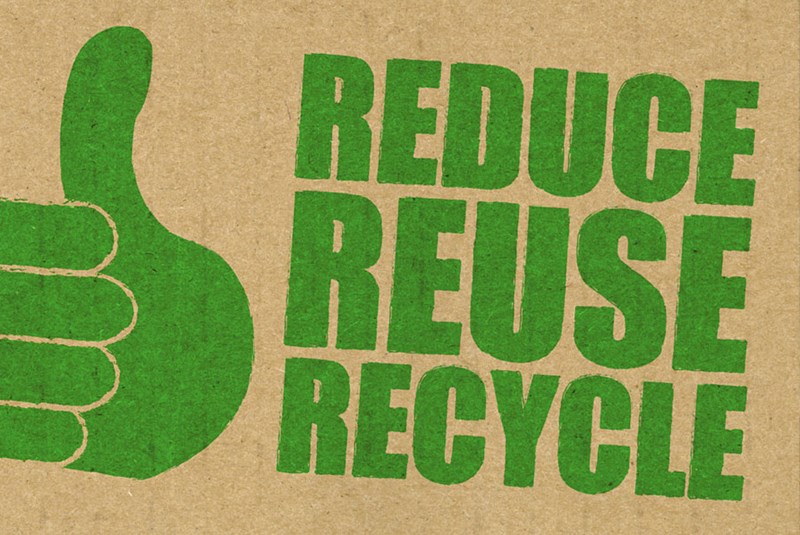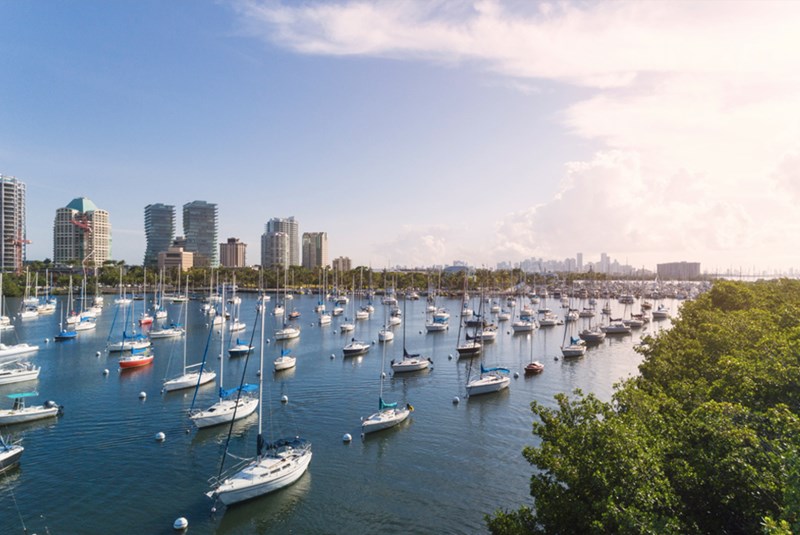New Lessons Learned in Recycling in Miami

Oct 11, 2013 October 11, 2013
Around the country, an increasing number of companies and organizations are looking at ways that they can improve the planet by going green. In Miami, schools are now instituting ways in which they can do their part, as well. One of those activities involves recycling paper. The recycling program is already underway at Roosevelt Elementary through a partnership with Modoc Tribe's Cedar Recycling. Through the use of 40-gallon clear plastic bags, it is believed that the program will become more noticeable to teachers and students alike, thus encouraging further participation. Currently, Roosevelt does not receive any monetary compensation for the recycling program.
The projected, spearheaded by a local teacher, has been placed on the Safe and Healthy Schools Committee agenda, paving the way for possible incorporation in other schools. As a result of placing the clear containers in hallways of Roosevelt, the program has already been noticed by others and has made its way to Washington Elementary.
In other areas of Miami, recycling programs are also expanding. A recycling ordinance was recently passed in Miami Beach. The ordinance, which went into effect in July, requires residents to recycle or face a fine of $350 for a first violation. Second violations will result in a fine of $500 while third violations will merit a $1,000 fine. According to city commissioners, the new ordinance reflects similar ordinances throughout the county.
During the last year, Miami-Dade County reported an increase in its curbside residential recycling program. The increase, amounting to almost 63,000 tons of recyclable items, represented the fourth consecutive annual increase. Residents of Miami-Dade County are able to recycle a variety of items, including cardboard, paper, narrow-neck plastic bottles with lids and caps, metal beverage and food containers, glass bottles, and juice and milk cartons. Collection is conducted once every other week.
Across the state, Florida as a whole, is striving toward a goal of attaining a 75 percent recycling rate by the year 2020. The Florida Department of Environmental Energy reported that the state had reached 48 percent by 2012, an increase from 30 percent from the previous year.
Share your thoughts with us
Your Miami Condo Awaits
Recent Posts








